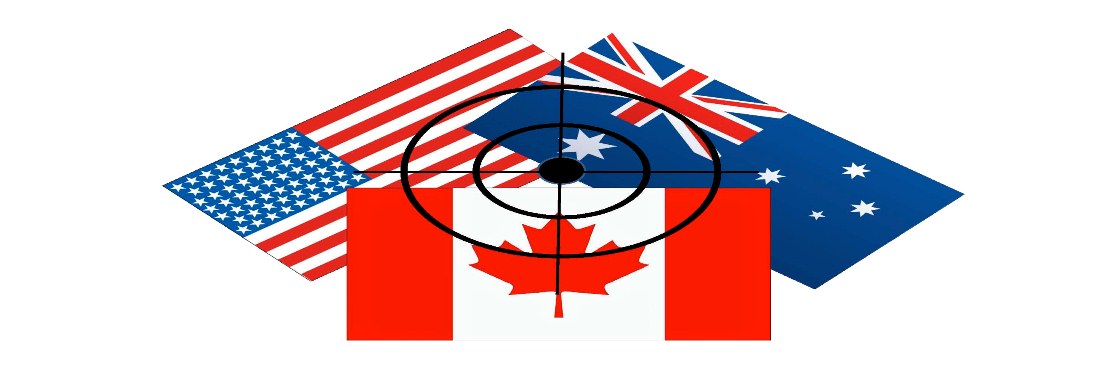Islamic-Inspired Home-Grown Terrorism (IIHGT): What We Know and What It Means Moving Forward
Abstract
Since 9/11, Western democracies are increasingly targeted by whathas been termed Islamic-inspired Home-grown terrorism (IIHGT). This paper
investigates what we really know about this more recent phenomenon and
reveals several interesting, potentially troubling, findings. Canadian, American
and Australian cases demonstrate that IIHGT actually takes many different
forms, depending on endgame, size, organization, and scale and sophistication.
It also identifies that despite consistent changes and shifts in form, IIHGT does
not follow a clearly identifiable or linear trajectory, making the identification of
trends moving forward very difficult. The paper concludes that while IIHGT
generally seems to be devolving, this might be portrayed instead as an evolution
because the transformation, more likely inadvertent than intentional, will
make these types of plots more difficult to identify, monitor and prevent, thus
improving the likelihood they will become increasingly successful in the future.
Downloads
Published
2013-12-23
Issue
Section
Calgary Papers

